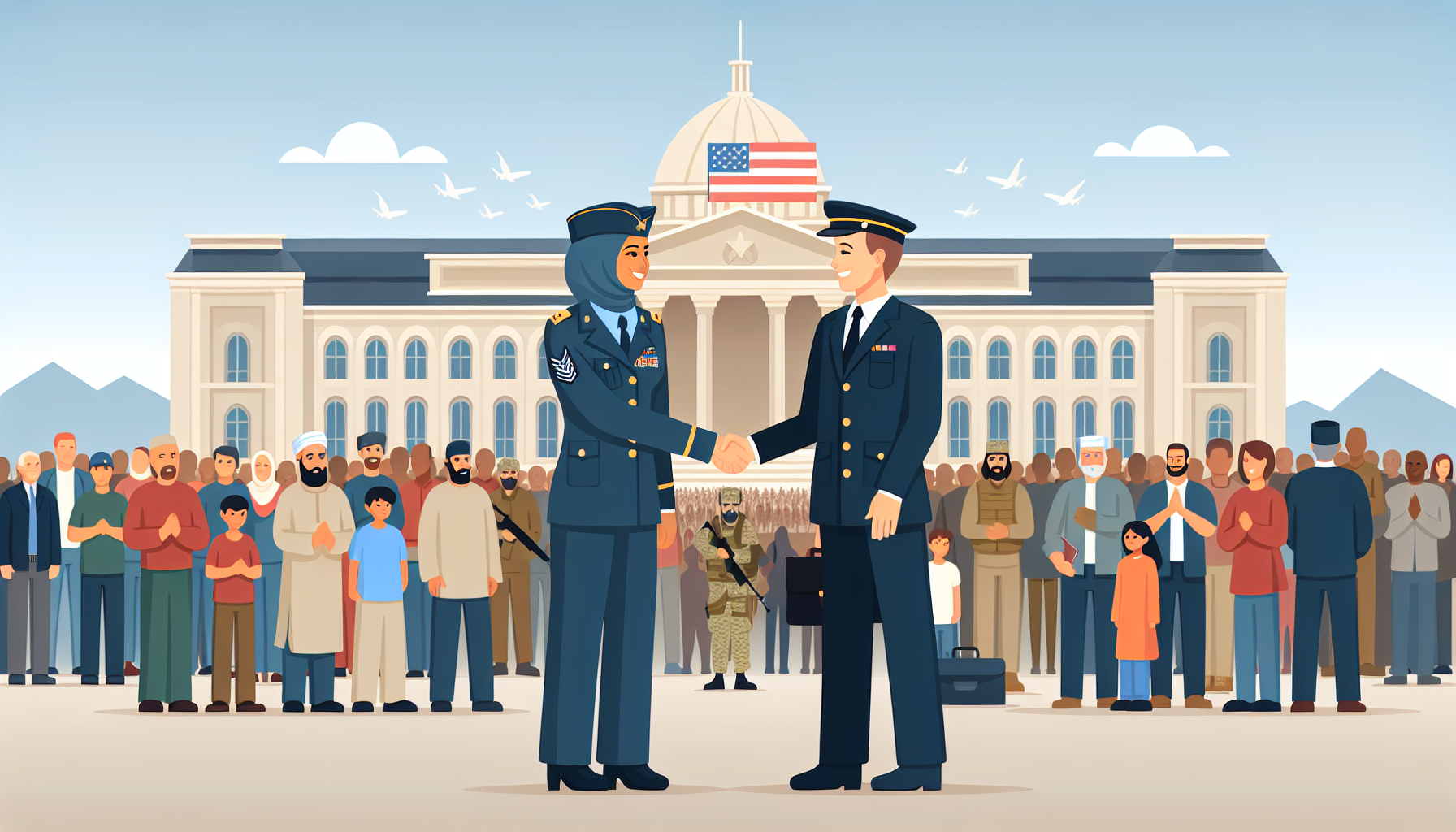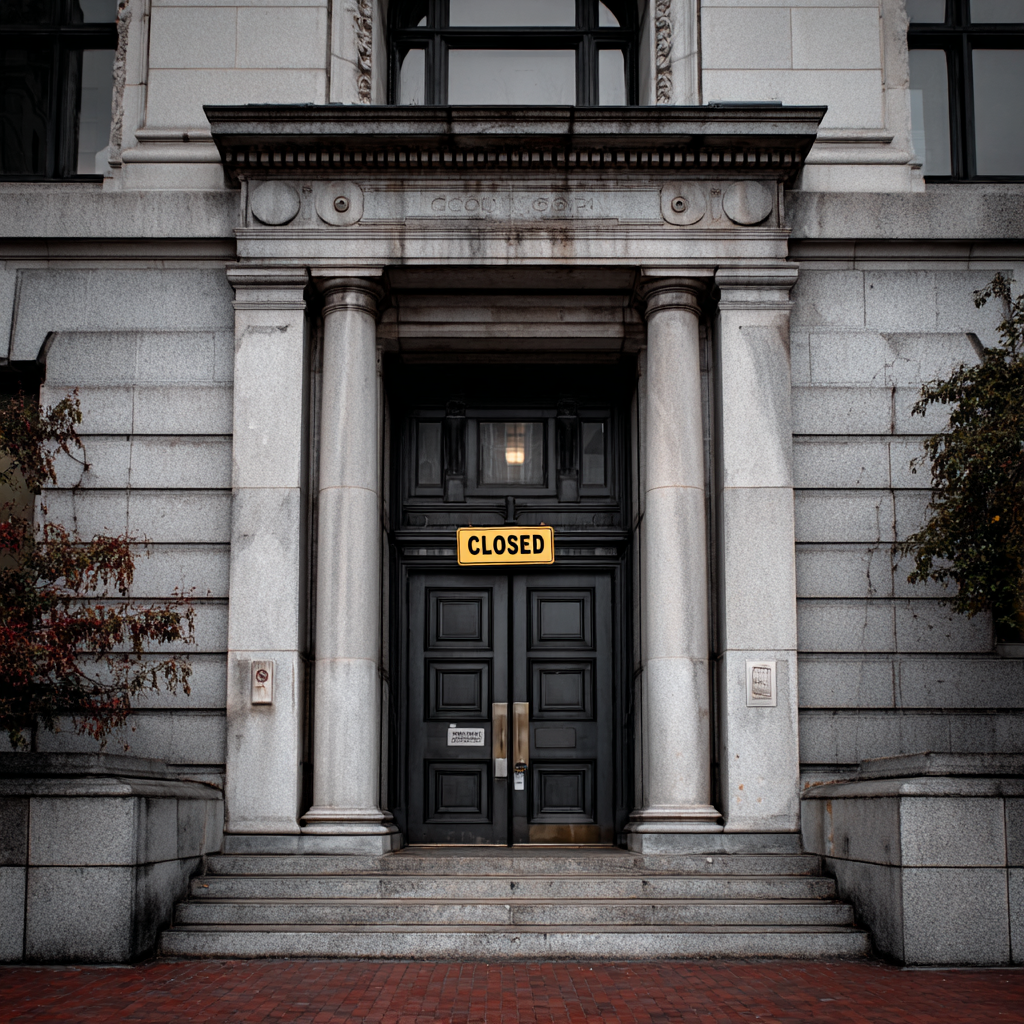Definition
Defense Support of Civil Authorities (DSCA) refers to the process by which United States military resources and personnel are used to assist in the execution of non-military tasks, usually in response to domestic emergencies, law enforcement support, and other domestic activities. This support is provided upon the request of local, state, or federal authorities, when civilian capabilities are insufficient. These operations can cover disaster relief, counter-drug efforts, or support to special events.
Key Takeaways
- Defense Support of Civil Authorities (DSCA) is the process by which United States military assets and forces provide assistance to domestic civil entities during emergencies, such as natural disasters, terrorism incidents, etc.
- Under DSCA, the military act in support role to civil authorities, respecting the principle of primacy of civilian authority. Their operations could involve law enforcement, logistical support, medical assistance, and stabilization activities to facilitate recovery.
- A key aspect of DSCA is that it is only employed upon request from local, state, tribal, territorial or federal civil authorities, and always respects the skills and capacities of civilian authorities and organizations.
Importance
Defense Support of Civil Authorities (DSCA) plays a crucial role in ensuring national safety and order, particularly in times of crisis or disaster. This is a military operation intended to aid domestic civil authorities in maintaining safety, peace, and well-being within the United States.
Notably, this assistance encompasses a broad range of activities varying from disaster response (e.g., hurricanes, floods, and fires) to safeguarding public safety during civil unrest, reinforcing cybersecurity or assisting in medical emergencies like pandemic relief. DSCA aims at bridging the gap between military and civil resources and capabilities, thereby asserting the integration of national preparedness and bolstering homeland defense.
Essentially, the importance of DSCA lies in its commitment to the security and welfare of the US citizenry through cooperative military and civil efforts.
Explanation
Defense Support of Civil Authorities (DSCA) plays a crucial role in broadening the scope of military operations beyond traditional warfare. Its primary purpose is to provide immediate response, support and manpower in situations of emergencies or crises within the country.
These may include natural disasters like hurricanes, floods or forest fires, and man-made crises such as terrorist attacks or other significant threats to the nation’s security. The military, under DSCA, acts as a supportive fixture to local, state, and federal organizations, providing robust capabilities not typically available to civil authorities for mitigating the impacts of these crises.
Moreover, DSCA serves as a vehicle for facilitating cooperation and fostering a solid relationship between military forces and civilian authorities while alleviating human suffering and protecting life and property. For instance, it encompasses actions such as search and rescue operations, medical evacuation, logistics, and distribution of supplies.
It further extends to activities like technical support, infrastructure repair, and even public safety in unstable conditions. Thus, DSCA represents the military’s commitment to support civil authorities in enhancing domestic security and the welfare of the American populace.
Examples of Defense support of civil authorities (DSCA)
Hurricane Katrina (2005): After Hurricane Katrina hit the Gulf Coast of the United States, the Department of Defense (DoD) played a vital role in providing aid and support through DSCA. The U.S. Military performed search and rescue, delivered supplies, and provided medical care in collaboration with civil authorities to aid in disaster relief efforts and manage the widespread effects of the disaster.
California Wildfires (2018): The Military was called upon to assist in combating the severe wildfires that ravaged through California. The Air National Guard and U.S. Northern Command under DSCA policies provided firefighting support, conducted damage assessments, and airlifted citizens in need of evacuation, showcasing the importance of defense support in domestic crises.
COVID-19 Pandemic (2020-2021): The ongoing global pandemic has seen the military providing assistance under DSCA policies. The National Guard and U.S. military have been deployed to help set up testing and vaccination sites, aid civilian authorities in managing logistics and supply chain for medical supplies, and even supplement hospital staff in locations facing a surge in COVID-19 cases.
FAQs about Defense Support of Civil Authorities (DSCA)
What is Defense Support of Civil Authorities (DSCA)?
DSCA refers to the process by which US military resources may be used to assist in tasks normally handled by civil authorities. This support may include disaster relief, civil protection, and other aspects of homeland defense and also assists foreign governments at their request.
What type of situations call for DSCA?
DSCA can be enacted in a variety of situations, including natural disasters, major accidents, terrorist attacks, and other incidents that overwhelm local capabilities. The support is intended to save lives, alleviate suffering, and protect property.
Can DSCA be used for law enforcement activities?
Generally, DSCA cannot be directly used for law enforcement. The military does not become involved in domestic law enforcement activities except under special circumstances as authorized by law, such as under the Insurrection Act. DSCA is primarily for disaster response and support in large-scale emergency events.
How can states request DSCA?
Usually, a state’s governor will request DSCA through the Department of Defense. A local state’s representative or higher official might also submit a request. Prior to the request, the state must have declared a state of emergency, and local resources should be overwhelmed or proven insufficient.
Who pays for DSCA?
The Department of Defense funds DSCA, while operational control typically remains with a civilian authority. In some cases, the state requesting the assistance may be asked to reimburse the federal government for costs incurred.
Related Military Operation Terms
- National Guard
- Stafford Act
- Emergency Support Functions (ESF)
- Incident Command System (ICS)
- Federal Emergency Management Agency (FEMA)
Sources for More Information
- U.S. Department of Defense: This is the official website of the U.S. Department of Defense. The agency is responsible for implementing the policies related to Defense support of civil authorities (DSCA).
- Federal Emergency Management Agency (FEMA): FEMA, an agency under the U.S. Department of Homeland Security, often collaborates with the military for DSCA operations, especially during disaster response.
- United States Northern Command (USNORTHCOM): USNORTHCOM is a Unified Combatant Command of the U.S. military which is tasked with providing military support for civil authorities in the U.S.
- The Joint Chiefs of Staff: This is the body of senior uniformed leaders in the United States Department of Defense who advise the President of the United States, the Secretary of Defense, the Homeland Security Council and the National Security Council on military matters, including DSCA.
 Benefits.com Advisors
Benefits.com Advisors
With expertise spanning local, state, and federal benefit programs, our team is dedicated to guiding individuals towards the perfect program tailored to their unique circumstances.
Rise to the top with Peak Benefits!
Join our Peak Benefits Newsletter for the latest news, resources, and offers on all things government benefits.




















